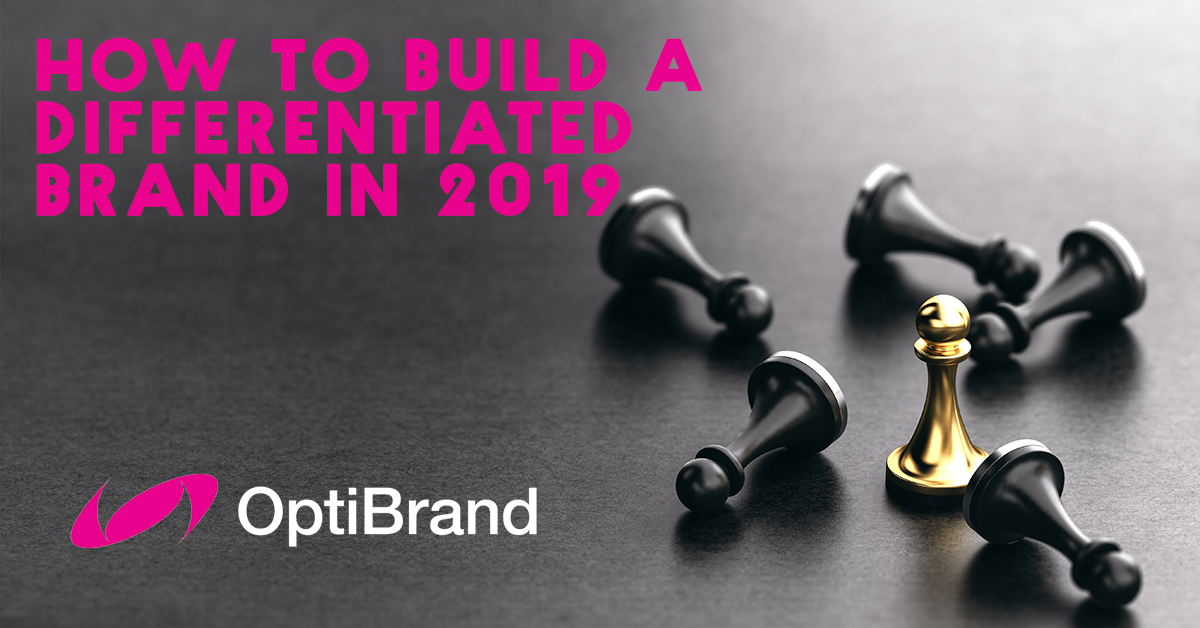
Creating differentiation in the Pharma space can often fall into the category of “easier said than done.” In recent years we’ve seen an uptick in the number of brands that, by strict definition, have “differentiated” themselves, but far too often they fail to live up to their potential because they are not meaningfully differentiated.
In other words, the point of difference they are putting forth is not relevant, impactful or sustainable. In many cases the brand simply fails to address a deeply rooted tension or tap into a unique emotional trigger. When this happens, the brand doesn’t stick in the minds of prescribers and can often become a last resort after they’ve exhausted all other options.
Having studied and practiced pharma brand strategy for decades, we have seen countless examples of brands that are differentiated on paper, but not in the market. This is in part due to the fact that once a brand takes claim of a perceptual space in the mind, it is very difficult to uproot it without highly superior data within that specific context.
It does happen, but this type of differentiation is rare today. Take the success of Shingrix™, GSK’s innovative vaccine for shingles. Shingrix offers 97% efficacy vs. the 50% efficacy of its competitor. 97% v. 50%. No brainer. Case closed. Call it a day.
As we all know, that is the exception and not the rule. Rarely are we tasked with launching a brand that is leaps and bounds better than anything out there. Sure, there are improvements, but the days of casting a wide-net and competing on broad benefits for all patients is often unrealistic in 2019.
For the rest of the us, differentiation should be approached as an exercise in specificity and perception.
For decades, marketers have drawn the analogy to a game of chess. In the traditional sense, each competitor occupies a space on the board and what is left unoccupied is open territory for differentiation. However, in crowded markets that leftover space is either not attainable, not relevant, or not meaningful.
To us, differentiation requires forgetting about what spaces are left on the chess board and focusing on how we change the game we are playing altogether. Redefining the rules to a point that our brand can in a sense control the dynamics and set the reference for how its competition should be considered. In marketing terms, we push brands to define their “blue ocean,” their uncontested perceptual space.
Sure, a GLP-1 injectable for Type 2 Diabetes will always be a GLP-1 injectable for Type 2 Diabetes. We can’t change that. What we can control as part of brand building is the perceptual frame we view ourselves in and want the world to consider us in. Think of it as a class within a class per say. We could choose to play in the market of a patient’s first injectableor the market of optimizing insulin. Both are appropriate uses of a GLP-1, but each leads the brand down a very different perceptual path.
A great example of this from the consumer world is Gatorade™. For all intents and purposes, the brand is a beverage and in a literal sense that is what it competes with. However, rather than defining themselves as perceptually existing in the same category as water or soft drinks, Gatorade intentionally framed itself as sports equipment. For the athlete, looking to perform his/her best, Gatorade is just as important as the glove, cleats, and ball in their bag.
This clever, yet deliberate, decision influences how the brand behaves, how it is communicated, and ultimately creates meaningful differentiation for what in its simplest form is water, sugar, and salt. Gatorade has successfully changed and defined the game.
Creating meaningful differentiation in today’s crowded markets may sound like a lofty aspiration, but it can and must be achieved for true brand success. As part of clearly defining their “blue ocean,” pharma marketers must be explicit about the who, what, when, where, andwhyof their brand’s story. Don’t worry about getting every patient (you might actually get fewer by focusing on “all”). Focus on those who have the most to gain, target patient expansion is a natural byproduct of success in these populations.
So, the next time you are tasked with achieving true, meaningful differentiation for a brand, pause and ask yourself if there is an opportunity to change the game altogether.
Stuck? That is where the OptiBrand Rx team comes in. Be it a full launch positioning assignment or a simple brand assessment, our team will push your team to think differently and guide you to unlocking meaningful differentiation. Contact us to learn more.

